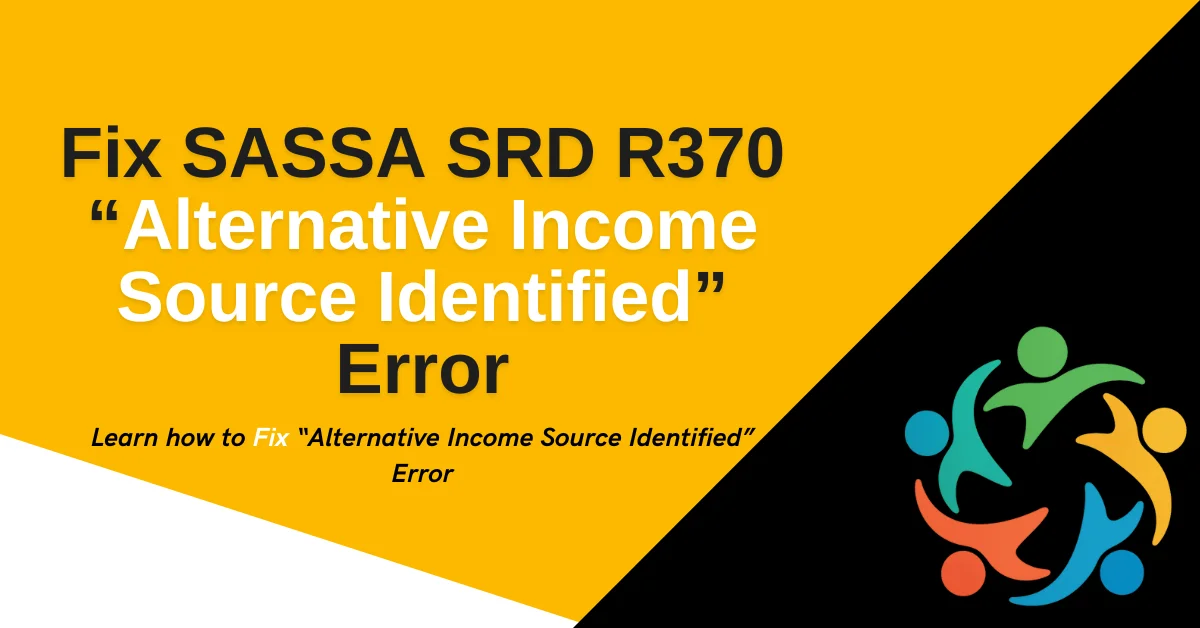SASSA Status Check Declined
Seeing your SASSA SRD Status marked as “Declined” can feel stressful especially when you truly need the grant to survive each month. But before giving up, it’s important to understand what this decision means, why it happened, and how you can fix it through proper steps using verified information and official channels.
How to Fix SASSA Status Check Declined? (Quick Fix)
To fix a SASSA Status Check Declined, go to https://srd.sassa.gov.za/sc19/status, check the decline reason, then visit srd.dsd.gov.za/appeals to submit an appeal within 90 days. Use your South African ID and phone number. Upload valid proof like bank statements. SASSA reviews appeals monthly and pays approved months retroactively.
What Does “Declined” Mean on Your SASSA SRD Status?
When your SASSA SRD grant application says “Declined,” it means the system flagged something in your profile that doesn’t meet the qualification rules. This could be financial reasons, age, or other data found through automatic checks.
SASSA reviews your application by cross-checking your information with databases like:
- SA Revenue Service (SARS)
- National Student Financial Aid Scheme (NSFAS)
- Department of Labour (UIF)
- Banking institutions
If any record shows you’re getting another form of financial aid or earning above the grant’s threshold, your application may be declined.
Common Reasons Why Your SASSA SRD Application Was Declined
Common Reasons Your 2025 SASSA Application Was Declined
SASSA uses coded decline reasons to show why an application failed. Below are the most frequent rejection codes for the Social Relief of Distress (SRD) R370 Grant and other SASSA social grants, along with verified solutions.
1. alternative_income_source_identified
Meaning:
This code appears if your bank account shows monthly deposits above R624, the income threshold for the R370 SRD grant.
Facts:
- According to SASSA’s 2025 guidelines, any income above R624 disqualifies an applicant.
- The system automatically checks your bank records for each month of the grant.
Solution:
- Declare all income sources honestly.
- If your income dropped recently, submit updated bank statements.
- Reapply during the next cycle with proof of current income status.
2. identity_verification_failed
Meaning:
Your ID information could not be matched with Department of Home Affairs (DHA) records.
Common causes include:
- Wrong ID number
- Spelling errors in name or surname
- Mismatched birthdate
Solution:
- Double-check your details before submitting.
- Make sure they exactly match your green barcoded ID or smart ID card.
- Update incorrect details with DHA before reapplying.
3. existing_sassa_grant
Meaning:
You’re already receiving another SASSA grant, like Old Age Pension, Disability Grant, or Child Support Grant.
Facts:
- You cannot get the SRD R370 grant if you receive other SASSA benefits, except for caregiver-related support.
Solution:
- Check the SASSA eligibility rules for your grant type.
- If you no longer receive the previous grant, inform SASSA and provide proof.
4. debtor
Meaning:
You were overpaid in the past and must repay the debt before receiving new payments.
Example:
If SASSA later discovers that you were not eligible during earlier approved months, they will reverse your payments.
Solution:
- Contact SASSA to set up a repayment arrangement.
- Clear any outstanding balance before reapplying.
5. nsfas_registered
Meaning:
You are registered with the National Student Financial Aid Scheme (NSFAS).
Facts:
- NSFAS beneficiaries already receive government financial support.
- Dual assistance is not allowed under SASSA SRD guidelines.
Solution:
- If you’re no longer a student or stopped receiving NSFAS, submit updated records.
- Remove NSFAS listing with proper documentation if incorrect.
6. uif_registered
Meaning:
You are registered for Unemployment Insurance Fund (UIF) benefits through SARS or Department of Labour.
Solution:
- If you’re no longer getting UIF, inform SASSA with official proof (e.g., UIF cancellation letter).
- Update your employment history with supporting documents.
7. gov_payrol_registered
Meaning:
You were employed by a government department or a state-owned enterprise (SOE).
Facts:
- SASSA poverty grants target unemployed and vulnerable individuals.
- Past employment in government service can trigger automatic rejection.
Solution:
- Submit proof of termination of employment.
- Update your status with Government Employee Pension Fund (GEPF) if applicable.
8. age_outside_range (>60)
Meaning:
You applied for a youth or SRD grant, but you’re older than the allowed age (over 60).
Example:
A person aged 62 applying for an SRD grant may be redirected to the Old Age Pension Grant instead.
Solution:
- Apply for the correct grant based on your age.
- Check official age requirements on the SASSA website.
9. age_outside_range (<18)
Meaning:
You applied while underage for the specific grant.
Facts:
- You must be at least 18 years old to apply for the R370 SRD grant.
Solution:
- Wait until you meet the minimum age requirement before applying.
10. deceased_record_on_dha
Meaning:
The Department of Home Affairs has your ID marked as deceased.
Facts:
- This is a serious error that may occur due to identity fraud or clerical mistakes.
Solution:
- Visit DHA to correct the status with a proof-of-life affidavit.
- Bring the updated certificate to your nearest SASSA office.
11. referred_linked_risk_mobile
Meaning:
Your cell number has been linked to fraud or multiple suspicious applications.
Facts:
- SASSA runs mobile verification checks to prevent identity fraud.
- Risky or flagged numbers are blocked from submitting applications.
Solution:
- Use a new SIM card or a registered number in your name.
- Avoid shared or public phone numbers.
12. referred_safps
Meaning:
You are flagged in the South African Fraud Prevention Services (SAFPS) database.
Facts:
- Being listed on SAFPS means you may have been involved in a past fraud case or identity theft.
Solution:
- Contact SAFPS directly to correct your record.
- Clear your name before reapplying for any SASSA benefit.
What to Do If Your SASSA SRD Status Was Declined?
If your application was rejected, don’t panic. You can still request a reconsideration if you believe the decision was wrong.
Here’s a step-by-step guide:
Step 1: Find Out the Exact Reason
Go to the official SASSA SRD website:
🔗 https://srd.sassa.gov.za/sc19/status
Once you check your status, you’ll see the month and the reason for decline, such as “Alternative Income Source Identified” or “NSFAS Registered.”
Understanding the reason is the first step before taking action.
Step 2: Submit an Appeal (Reconsideration Request)
If you disagree with the reason or your situation has changed, you can appeal directly through the online reconsideration system.
Where to Appeal:
Go to:
🔗 https://srd.dsd.gov.za/appeals
Use your ID number and the phone number used during application. Each appeal must be submitted separately for each month you were declined.
Important Facts:
- Appeals must be filed within 90 days from the date of decline.
- You must appeal every declined month individually.
- If your appeal is successful, you will receive backdated payments.
Step 3: Prepare Supporting Documents
For your appeal to succeed, SASSA might ask for proof showing you qualify. Be ready with:
- Bank statements showing no income
- Proof of unemployment or job loss
- Letter explaining your situation
- Proof of residence (e.g., utility bill)
Make sure these documents match your identity information.
Step 4: Wait for Appeal Outcome
Once your appeal is submitted, SASSA will review your new information. This may take a few weeks, so it’s important to be patient.
You’ll be notified through SMS or you can check your appeal status on the same website. If approved, you’ll receive the missed payment for that month.
Avoiding Common Mistakes When Reapplying or Appealing
Many declined applicants make small but costly mistakes when reapplying. Here’s how to avoid them:
- Use your own phone number and ID number only.
- Do not submit multiple appeals for the same month.
- Make sure your banking details are correct and updated.
- Only use official SASSA websites never share details on social media or unknown platforms.
Beware of Scams and Fake Advice
Sadly, scammers often target people whose applications were declined. They might offer to “fix” your status for money or promise faster results.
Here’s how to protect yourself:
- SASSA will never ask for payment to change your status or process an appeal.
- Do not share your ID, banking info, or OTPs with strangers.
- Always use official channels:
✅ https://srd.sassa.gov.za
✅ SASSA Helpline: 0800 60 10 11
If someone contacts you pretending to be from SASSA and asks for money, report them immediately.
Can You Apply Again After Being Declined?
Yes. If your situation has changed or the error is fixed, you can reapply or appeal the decision for previous months.
Important Notes:
- Reapplications go through the same checks.
- If your appeal is denied, you cannot appeal again for that same month.
- For ongoing eligibility, SASSA reviews your income every month.
Make sure your financial details are correct and that no deposits over R624 are entering your account.
Frequently Asked Questions
Q: How long does an appeal take to process?
It may take several weeks. Once processed, you’ll get an SMS update or can check online.
Q: Can I still qualify if I get money from a family member?
If your bank account shows monthly deposits over R624, even from family, SASSA may decline the grant.
Q: What if I used someone else’s bank account?
Your application may be rejected due to a mismatch. Always use your own banking info.
Q: Will I get back pay if my appeal is approved?
Yes. If your appeal is successful, SASSA will pay you for the months you missed.
Final Thoughts
Getting a declined status from SASSA can feel overwhelming but it doesn’t mean the end. By understanding the reason, following the proper appeal steps, and staying informed through official sources, you still have a chance to fix the issue and receive your grant.
Be careful of scams, keep your documents ready, and always check your status monthly to stay up to date.
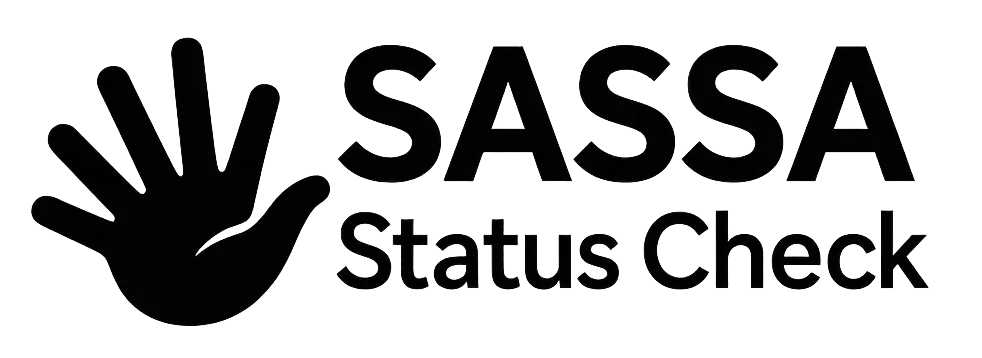
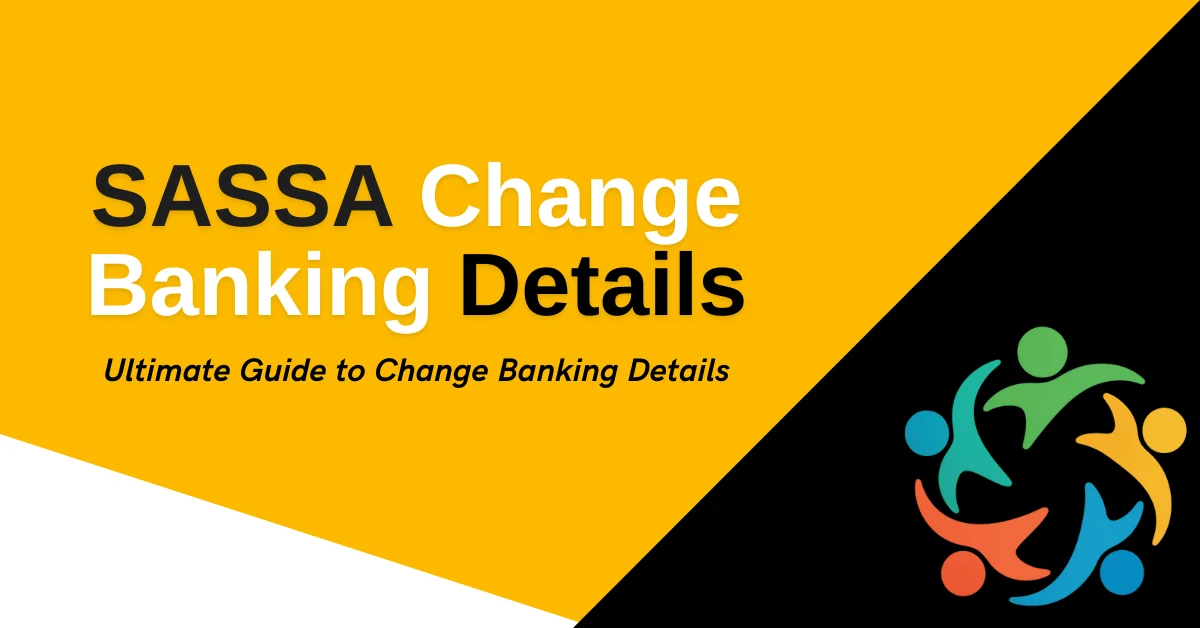
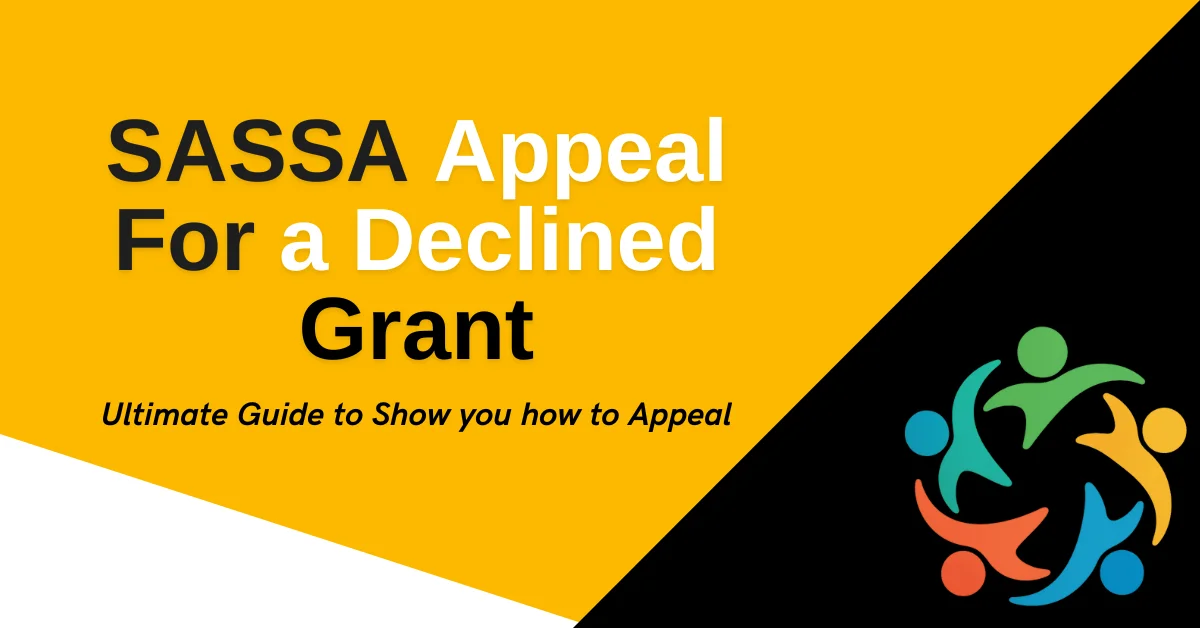
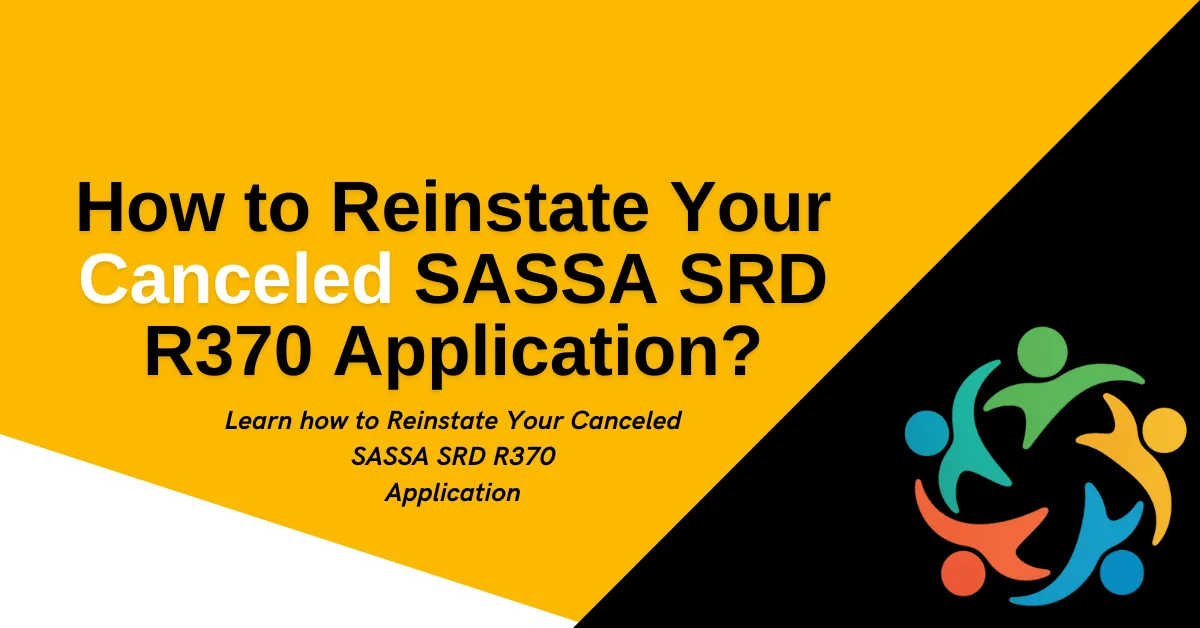
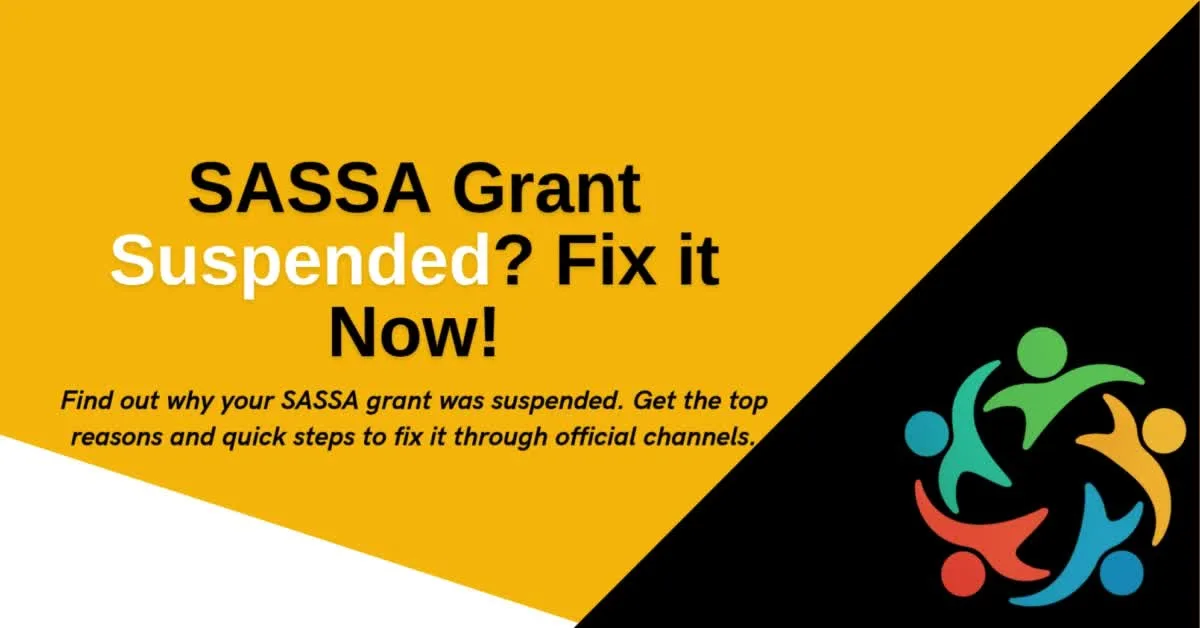
![SASSA Status Check Failed [Reasons & Solutions] SASSA Status Failed [Fix]](https://sassacheckstatus.com/wp-content/uploads/2025/05/SASSA-Status-Failed-Fix.webp)
